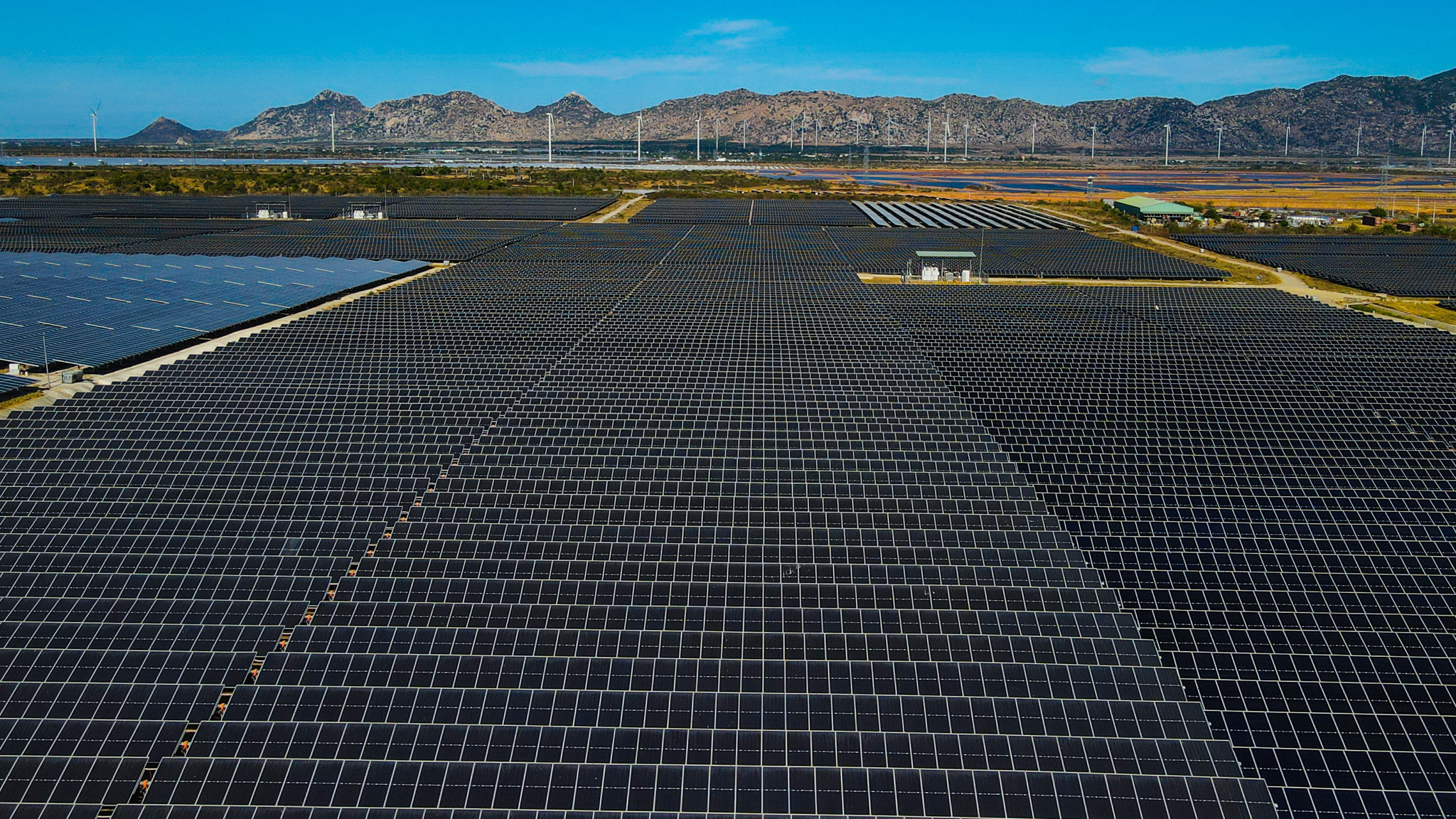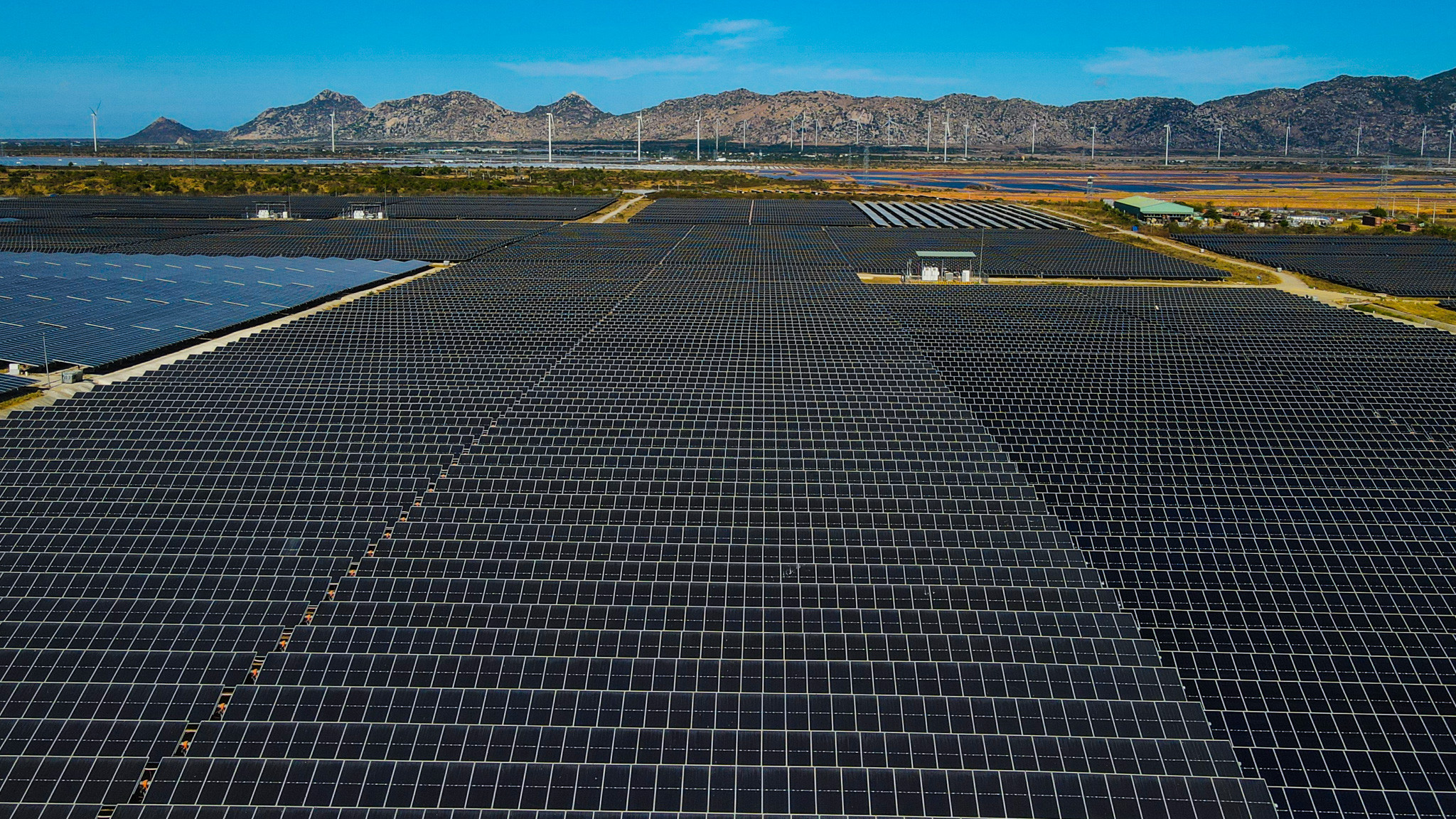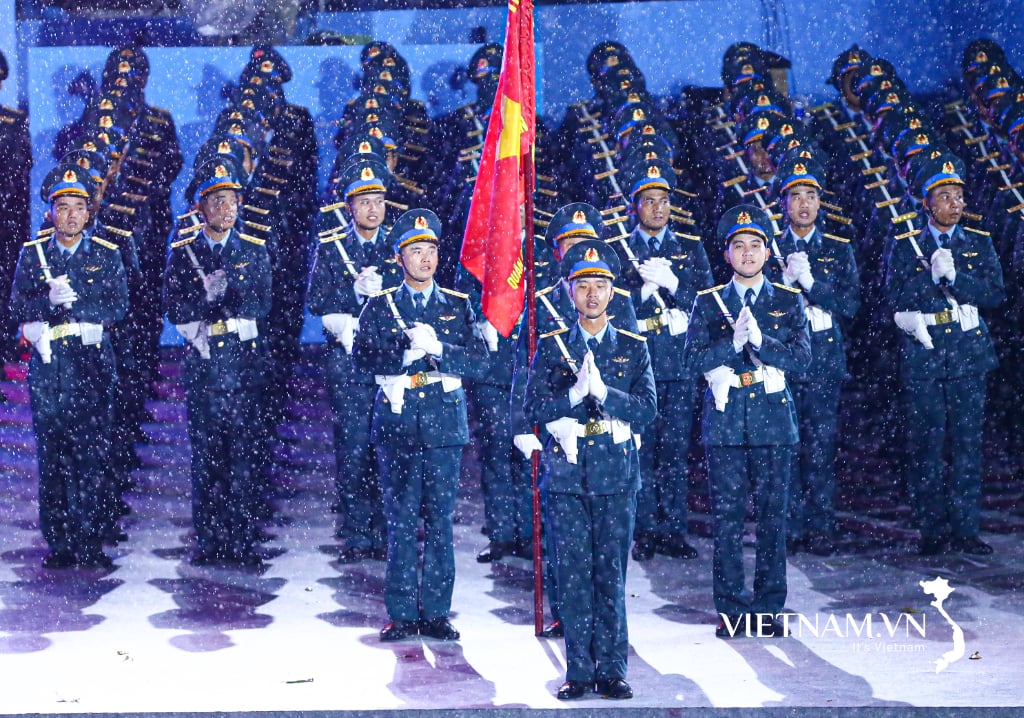The seller and the buyer can transact directly.
Since 2017, the Ministry of Industry and Trade has assigned the Electricity Regulatory Authority to organize and implement a research project to develop a mechanism for direct electricity trading between renewable energy power generation units and electricity consumers.
Accordingly, the direct electricity trading model through financial contracts has been chosen for application in Vietnam. In this model, electricity consumers and power generation units will sign a bilateral financial contract in the form of a forward contract, with a fixed price and electricity output mutually agreed upon by both parties.

Electricity consumers purchase electricity from the power corporation at a price referenced to the spot market price for each cycle. In addition, customers pay the power corporation the direct electricity trading service fees for the entire electricity output consumed, including transmission costs, distribution costs, power system operation costs, electricity market transaction management costs, and ancillary service costs.
The American Chamber of Commerce in Vietnam (Amcham) assesses that the proposed Direct Power Purchase Agreement (DPPA) is an important mechanism to attract investors and private investment, not only in the energy sector but also in other sectors, with companies committing to renewable energy, carbon emission reduction, and sustainable development.
“The DPPA has been designed and reviewed for about six years; it is a mechanism used in many countries, and we hope it can come into effect this year,” Amcham stated, while also expressing expectations that the approval of the DPPA mechanism could “bring billions of dollars in private sector investment.”
The British Business Association in Vietnam also believes that the DPPA is an important mechanism for attracting private investment into green energy projects. Approving the DPPA could unlock a huge source of private sector financing.
Is EVN just an intermediary, only receiving a "shipping" fee?
In 2021, the Ministry of Industry and Trade finalized and proposed the drafting of a Circular regulating the pilot implementation of direct electricity trading between renewable energy power generation units and electricity consumers.
However, by May 2022, the document format had changed to a Draft Decision of the Prime Minister stipulating the pilot mechanism for direct electricity trading between renewable energy power generation units and large electricity consumers.
According to this draft, electricity consumers will purchase electricity from the power corporation at the current retail price; and simultaneously sign a Contract for Difference (CFD) directly with the power generation unit, with the price and electricity output agreed upon by both parties for future trading cycles.

"Thus, in principle, Vietnam Electricity Group (EVN) represents customers who purchase electricity from power generation units at the spot electricity market price and resell it to customers at the retail electricity price. Customers have the choice and access to the source of clean energy that they will use for production and business, with the aim of protecting the environment and being recognized by Renewable Energy Certificates (RECs)."
"EVN is compensated for its electricity management and transmission costs by the difference between the retail price and the spot market price," an analysis published on the website of Power Construction Consulting Joint Stock Company 3 stated.
Speaking to VietNamNet reporters, an expert familiar with the DPPA development process commented that the direct power purchase agreement (DPPA) mechanism is facing many problems and has not yet been enacted. The new design of the DPPA mechanism is also no longer the same as the original.
According to this expert, the previous DPPA design was highly market-oriented, allowing customers to purchase directly from the electricity market. This means customer B could buy directly from unit A, bypassing power companies. Accordingly, customer B authorized power company C to purchase electricity from unit A. Power company C only acted as a "shipper" for customer B and received a fee.
"But the recent design by the Ministry of Industry and Trade is not like that. Instead, it's based on the principle that power generation unit A sells electricity on the market, and customer B must buy electricity through power company C. That is, power company C buys from unit A, then sets a series of costs, and then sets the resale price to customer B," he commented.
According to him, the advantage of this design is that the DPPA mechanism can be implemented immediately, without any legal obstacles, requiring only amendments to the circular related to selling electricity to the electricity market.
So, on what basis can customer B and power generation unit A sign a net metering contract, and how can we be sure that the electricity customer B buys is clean electricity, since customer B does not buy directly from unit A?
Therefore, the DPPA mechanism can only demonstrate the linkage through a renewable energy certificate (also known as a green certificate) in order to establish a clearing agreement between customer B and power generation unit A.
"Customer B and power generation unit A must sign a contract stating the purchase of green certificates from power generation unit A. This situation is even more complicated because, to date, there are no regulations regarding the green certificate market," the expert said.

Source










































































































Comment (0)